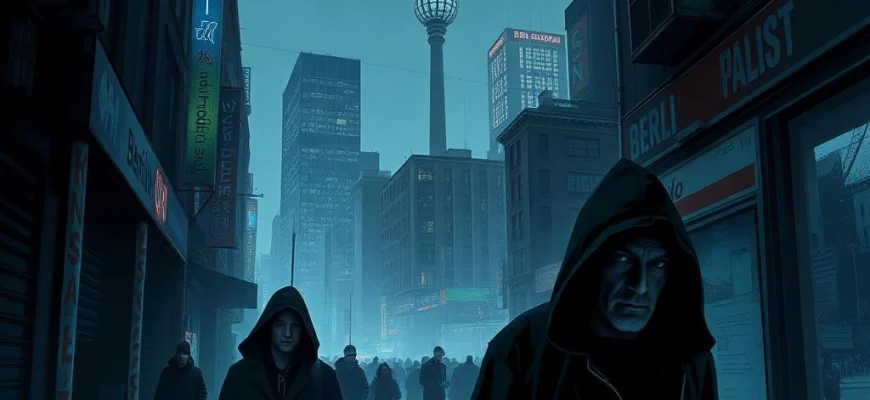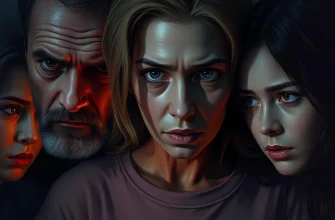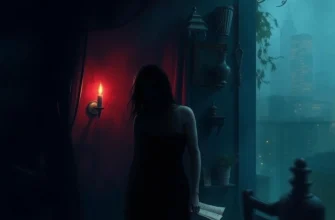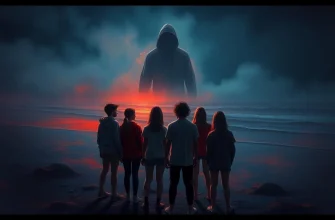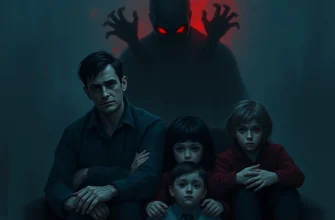Als je gefascineerd bent door de intense, meeslepende vertelling van 'Berlin Alexanderplatz' (1980), dan ben je hier aan het juiste adres. In dit artikel ontdek je 10 films en series die een vergelijkbare sfeer, thema's of cinematische stijl hebben. Of je nu op zoek bent naar meer verhalen over het leven in de stad, complexe personages of donkere drama's, deze lijst biedt inspiratie voor je volgende kijkavond.
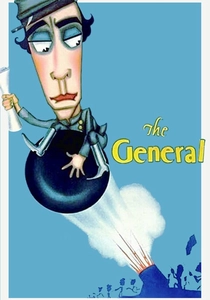
The General (1926)
Beschreibung: A silent comedy that combines thrilling action with deadpan humor, following a train engineer's quest to reclaim his stolen locomotive. The film's meticulous staging and physical comedy highlight the protagonist's resilience and ingenuity.
Fakt: The train stunts were performed without special effects or stunt doubles, making them some of the most dangerous ever filmed at the time.
 Jetzt ansehen
Jetzt ansehen
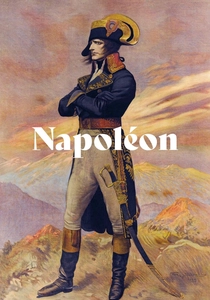
Napoleon (1927)
Beschreibung: An epic silent film that uses innovative techniques like split-screen and handheld cameras to tell the story of Napoleon's rise to power. The film's grandiose scale and experimental visuals make it a groundbreaking work of cinematic art.
Fakt: The film was originally intended to be the first in a six-part series, but the director's ambitious plans were never fully realized due to budget constraints.
 Jetzt ansehen
Jetzt ansehen

Pandora's Box (1929)
Beschreibung: A tragic tale of a femme fatale whose unchecked desires lead to her downfall. The film's unflinching portrayal of sexuality and its fatalistic tone mirror the moral ambiguity and existential themes found in many German Expressionist works.
Fakt: Louise Brooks' iconic bob haircut became a symbol of the flapper era and remains one of the most recognizable hairstyles in film history.
 Jetzt ansehen
Jetzt ansehen

The Passion of Joan of Arc (1928)
Beschreibung: A harrowing portrayal of martyrdom and faith, told through intense close-ups and minimalist sets. The film's raw emotional power and focus on psychological torment make it a landmark of silent cinema.
Fakt: The original negative was destroyed in a fire, and the film was considered lost until a nearly complete print was discovered in a mental institution in Norway in
 Jetzt ansehen
Jetzt ansehen

M (1931)
Beschreibung: A psychological thriller that delves into the mind of a serial killer and the societal panic he incites. The film's expressionistic visuals and use of sound create a claustrophobic, unsettling mood, while its exploration of justice and morality remains deeply provocative.
Fakt: Peter Lorre's performance as the child murderer was so convincing that he was typecast in similar roles for years afterward.
 Jetzt ansehen
Jetzt ansehen

The Testament of Dr. Mabuse (1933)
Beschreibung: A crime thriller that blends psychological horror with social commentary, featuring a master criminal who manipulates others from behind the scenes. The film's dark, shadowy visuals and themes of control and madness reflect the anxieties of its time.
Fakt: The film was banned by the Nazi regime for its perceived criticism of authoritarianism, forcing the director to flee Germany.
 Jetzt ansehen
Jetzt ansehen
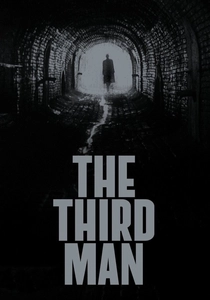
The Third Man (1949)
Beschreibung: A noir masterpiece set in post-war Vienna, featuring a morally ambiguous protagonist and a labyrinthine plot that explores themes of betrayal and existential despair. The film's stark black-and-white cinematography and use of shadow create a haunting, atmospheric tension.
Fakt: The famous Ferris wheel scene was shot in a single take, and the zither score by Anton Karas became an international hit.
 Jetzt ansehen
Jetzt ansehen

The Cabinet of Dr. Caligari (1920)
Beschreibung: A pioneering work of German Expressionism, featuring distorted sets and a nightmarish plot about a hypnotist who controls a sleepwalker. The film's surreal visuals and themes of madness and authority set the standard for psychological horror.
Fakt: The twist ending was added at the last minute to appease studio executives, radically altering the film's original message.
 30 Tage kostenlos
30 Tage kostenlos

Nosferatu (1922)
Beschreibung: An unauthorized adaptation of Dracula that uses shadow and silence to create an atmosphere of dread. The film's portrayal of the vampire as a grotesque, plague-like figure reflects the post-war anxieties of its era.
Fakt: The filmmakers were sued by Bram Stoker's estate, and all copies of the film were ordered to be destroyed, though a few survived.
 30 Tage kostenlos
30 Tage kostenlos
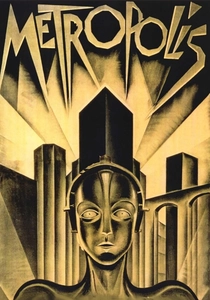
Metropolis (1927)
Beschreibung: A dystopian sci-fi epic that explores class struggle and industrialization through stunning visual effects and elaborate sets. The film's themes of dehumanization and rebellion resonate with the social critiques of many German Expressionist works.
Fakt: The original cut was lost for decades, and only in 2008 was a nearly complete version discovered in a museum in Argentina.
 30 Tage kostenlos
30 Tage kostenlos

